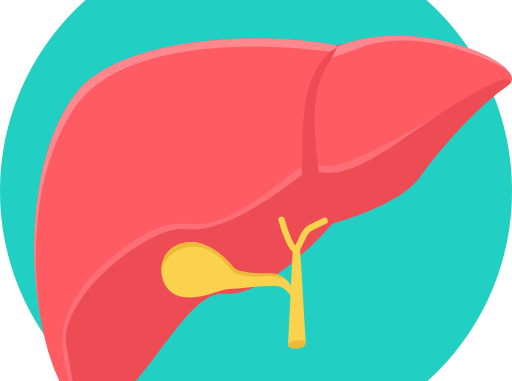
-
- The gallbladder is located under the liver, and it stores bile used to digest fatty foods.
- Gallbladder cancer is rare, but it can affect any part of the gallbladder and even extend to the liver when it develops.
- Some symptoms of gallbladder cancer can go unnoticed, so it is essential to know about them.
The gallbladder is a small organ located under the left side of the liver. Although small, it is a vital organ involved in the digestion process because it is where the bile used for digesting fat is stored. While it usually gets unnoticed because of its size, cancer can also develop in the gallbladder. Although cancer of the gallbladder is rare, it can also affect the liver and other nearby organs. With these, the symptoms of gallbladder cancer must be noted, including:
1. Persistent Pain in the Stomach

Usually, abdominal pain can be due to simple indigestion or period cramps. But when abdominal pain is experienced in the upper-right abdomen region and has other symptoms, it might be attributed to gallbladder cancer.
2. Stomach-flu

Experiencing nausea and vomiting together with abdominal pain can indicate that there is a problem with the gallbladder.
3. Abdominal Bloating

Abdominal bloating can be associated with many reasons, but it can be a cue that gallbladder cancer has developed if it is experienced often along with other symptoms.
4. Jaundice

Jaundice refers to the condition where the eyes and skin appear yellow. Other medical conditions are related to skin color change, but the gallbladder tumor usually causes the bile to build up, leading to skin color change.
5. Gallstones

According to the American College of Gastroenterology, gallstones are hardened deposits of bile, calcium, and cholesterol mixture. Data shows that the majority of people with gallstones do not develop cancer of the gallbladder. But among people diagnosed with gallbladder cancer, 4 out of 5 people do have gallstones.
6. Unexplained Weight Loss

Loss of appetite, especially if it takes a long time to come back, can result in weight loss. The loss of appetite that leads to weight loss can also be a sign of gallbladder cancer.
7. Family History of Gallbladder Cancer

While gallbladder cancer is rare, it can also run in the family. Family history can be a risk factor but only in low occurrence. The American Cancer Society also shares that most people who develop gallbladder cancer do not have a family history of the disease.
Source: The Healthy
